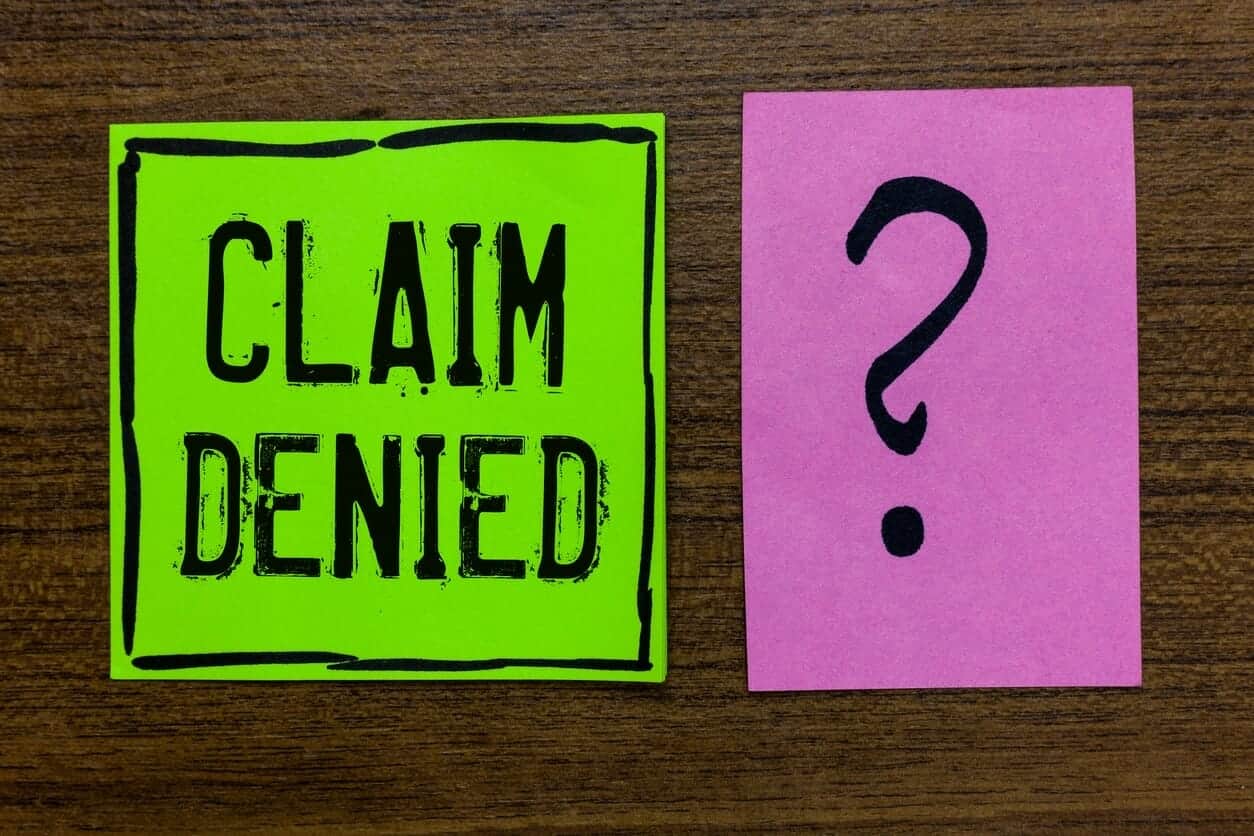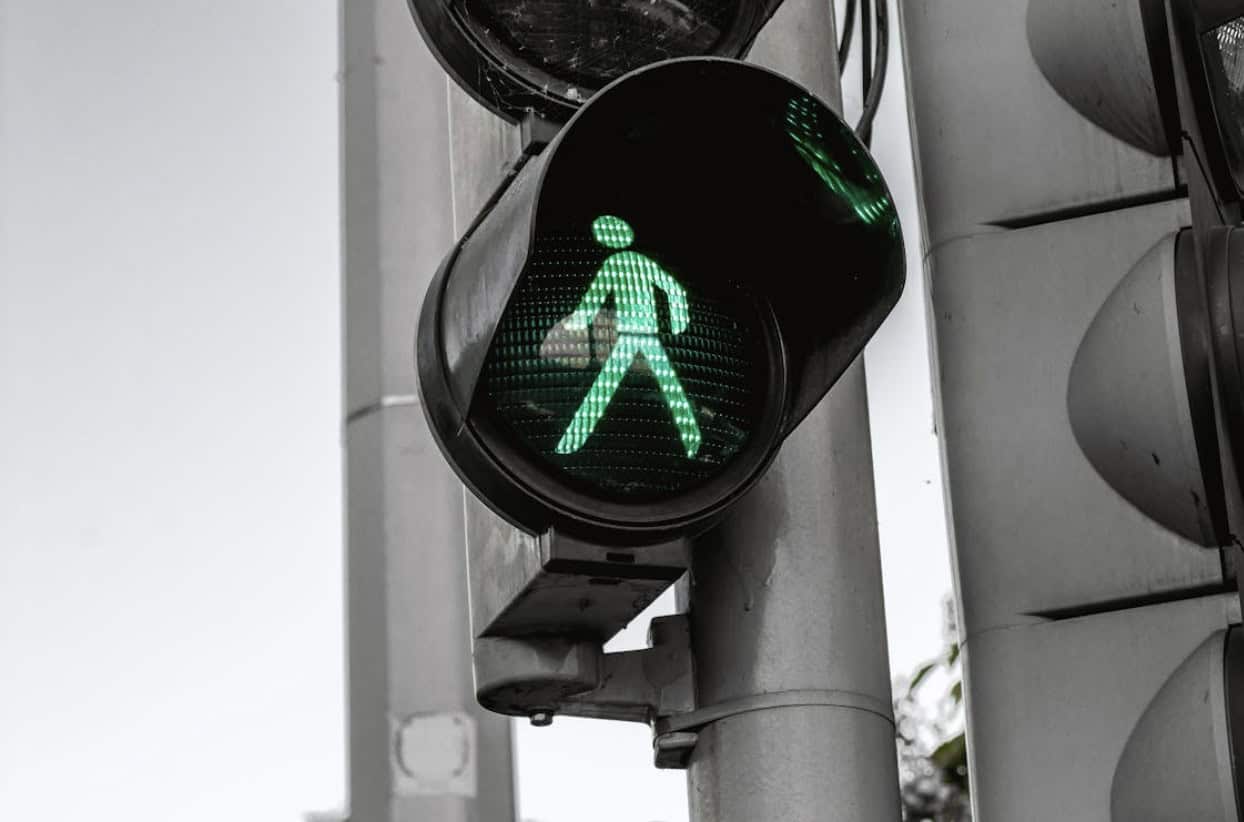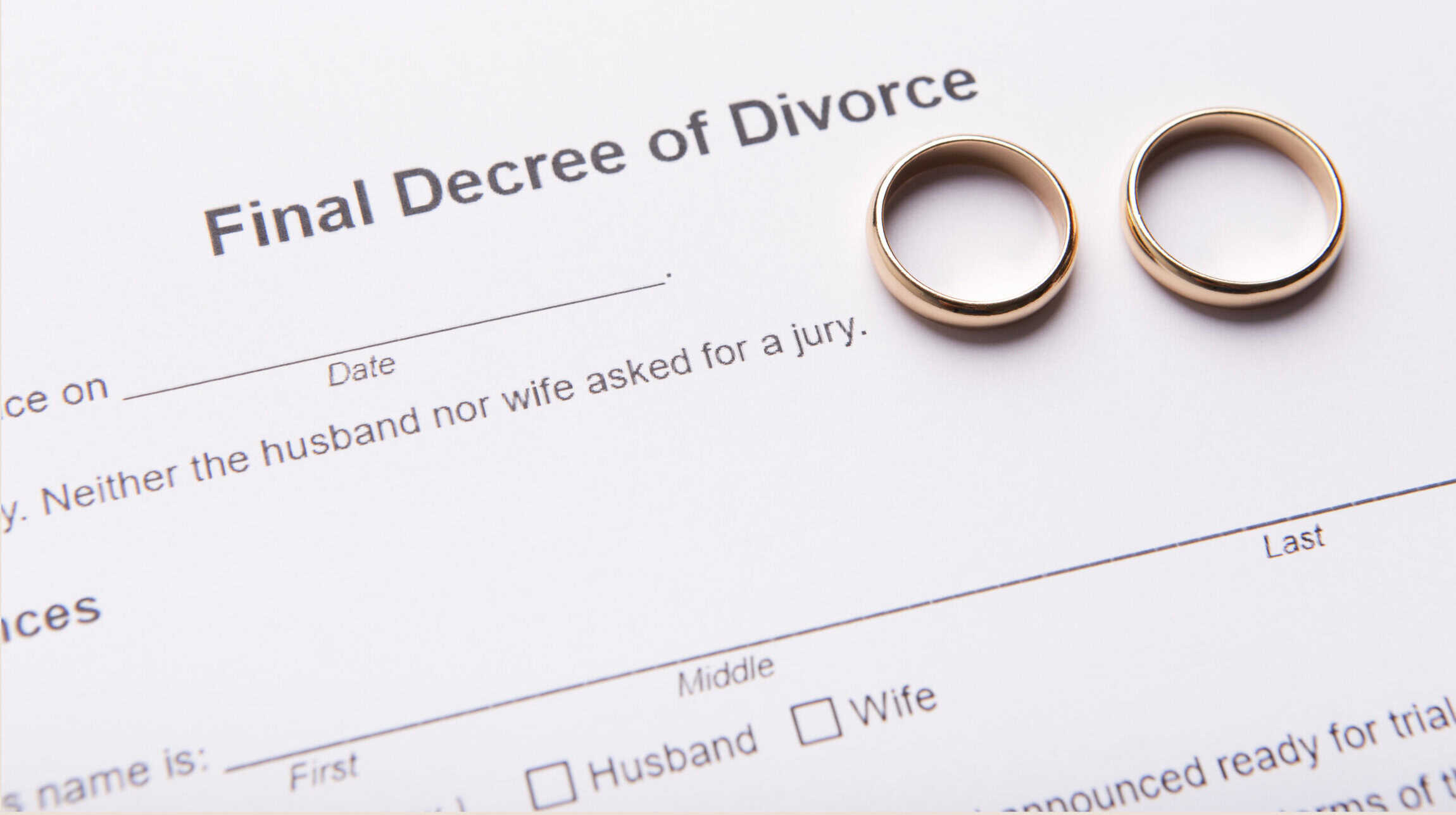If you were injured in a workplace accident or because of occupational disease and your claim was denied by your employer or their workers’ compensation insurer, you may be left wondering what options you have. If you believe you are entitled to Virginia workers’ comp benefits, do not abandon your pursuit of compensation. You can take steps to contest the decision.
Contesting an Insurer’s Denial Of Your Claim
After you file an initial claim for benefits, the Virginia Workers’ Comp Commission sends the insurance carrier a 20-Day Order, which asks the insurer to specify if it is accepting or denying your claim. If the insurer denies your claim, it is required to provide a stated reason. If your claim is denied (or if the insurer does not respond to the 20-day order), the Commission refers your claim for a hearing.
This hearing affords you the chance to present evidence in support of your claim. Most hearings are scheduled for 30 minutes, but you can request more time. Prior to the hearing, you or your attorney will seek out information and documents to prove your case. This can be accomplished in multiple ways, including requests for medical records or the production of other documents, submission of written questions to the opposing party to be answered in writing or taking depositions. The insurer will also be conducting its own discovery to develop its defense.
All hearings on initial compensability of an accident are referred for an evidentiary hearing before a Deputy Commissioner. However, not all hearings include live testimony. If you have previously been placed under an Award, hearings can be on-the-record hearings where no live testimony is given and the case is decided on written documentation and briefs submitted by the parties. Alternatively, you may have an evidentiary hearing where live testimony is given depending on the issues presented. There are benefits and disadvantages to either format so it is best to consult with your Virginia workers’ compensation attorney to ensure you receive the right type fo hearing for your case.
After your hearing, the deputy commissioner (the judge) will issue a written decision; you will not receive a decision at your hearing. Typically the Deputy Commissioner will issue an opinion in two to six months, however, in some instances opinions are issued in a matter of weeks. If you do not agree with the deputy commissioner’s opinion, you have the right to file a motion for reconsideration asking the deputy commissioner to rule differently on an issue.
Ultimately, either party has the right to file a Request for Review to the full Commission within 30 days of receiving the decision.
Appealing A Decision by the Deputy Commissioner
Either party can request a review of the deputy commissioner’s decision, but the request must be filed within 30 days of the date the deputy commissioner issued their decision. A review of the deputy commissioner’s decision is conducted by the “full Commission,” which consists of a group of three commissioners and cannot include the deputy commissioner that issued the decision.
To file a request for review, you must make your request in writing citing the specific issues you believe the deputy commissioner made in error. Simply disagreeing with the decision is not enough. The full commission generally makes their decision based solely on the evidentiary record and written statements. Each party will also submit a written statement (the position statement) that sets forth the party’s issues and provides citations to the record in support of their position. While you can request oral argument in your written request for review, the Commission is not required to grant your request and it is unlikely to do so unless your case presents a novel issue.
Since the full Commission generally relies solely on the hearing transcript and evidence from the hearing, it is critical that you present the strongest possible evidence and testimony in support of your case at the hearing with the deputy commissioner. Generally, you cannot present new evidence when you file your appeal.
There is no specified timeline for when the full Commission must render its decision.
If either party disagrees with the decision of the full Commission, they may file an appeal with the Court of Appeals of Virginia within 30 days from the date of the full Commission’s decision. If a party still does not agree with the decision of the Virginia Court of Appeals, the party may petition for appeal with the Supreme Court of Virginia, however, this court rarely grants review of workers’ compensation cases.
Is Mediation An Option?
Depending on the circumstances of the case and the parties, it may be advantageous to participate in mediation. This process is much more informal than a hearing before the Commission and may be an option in lieu of contesting an insurer’s denial or appealing the decision of a deputy commissioner. And, if mediation is unsuccessful, you can then decide to request a hearing.
If you are unhappy with the outcome of your Virginia workers’ compensation claim, do not assume that the denial is final. The appeals process can be long and time-consuming, and every case takes a different path. Therefore, it is critical to enlist the help of a Virginia workers’ comp attorney who is familiar with Virginia workers’ compensation appeals. The team at Renfro & Renfro has successfully handled workers’ comp appeals and is knowledgeable on the issues facing both employers and employees. Contact us today for a free consultation.






